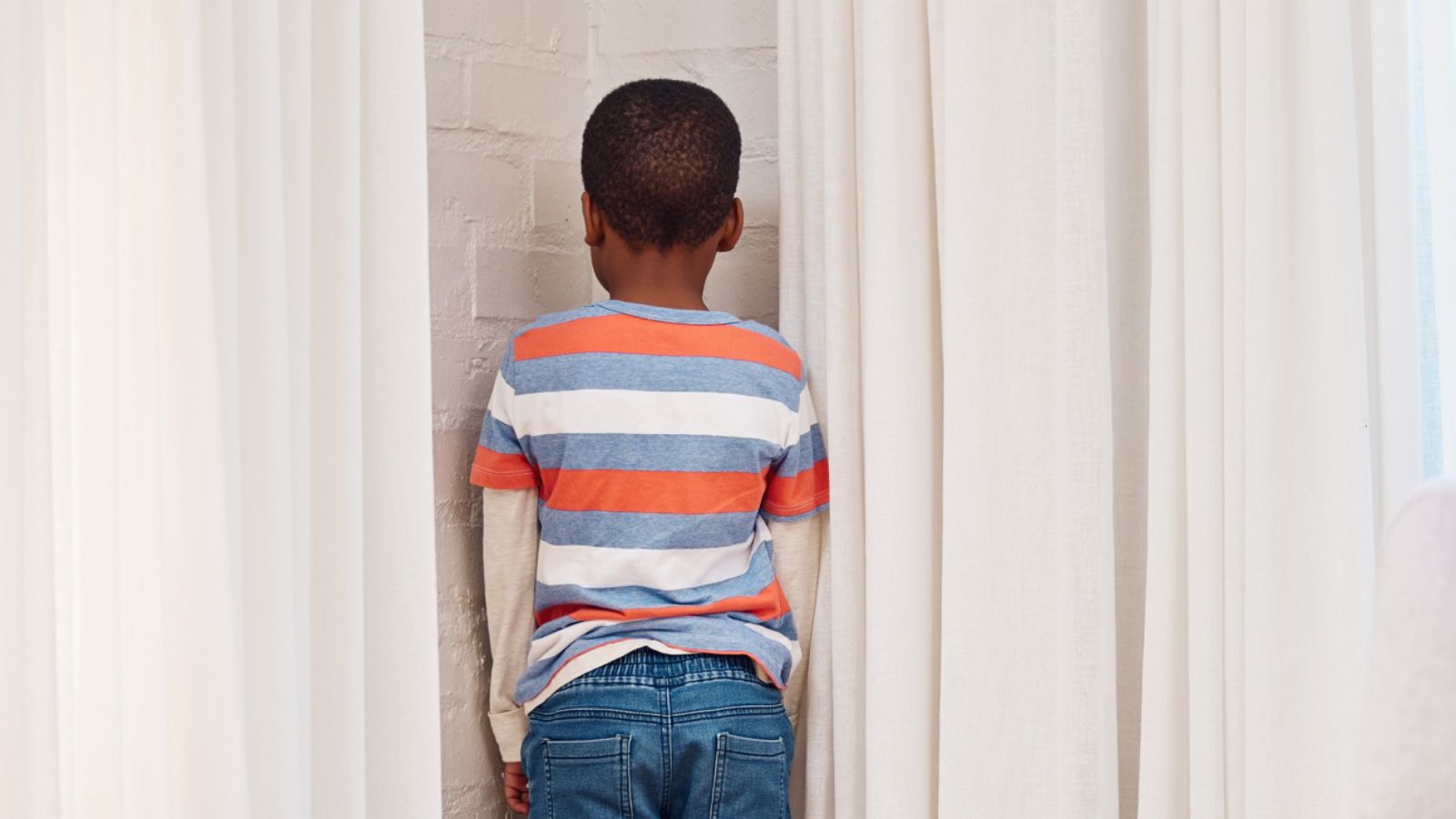What once seemed like the best parenting advice might now be either outdated or even proven to be harmful. To foster a healthier, more supportive environment for your children, here are 21 parenting techniques that, according to experts, you need to abandon in today’s world.
Over-Praising Children

Praise is a powerful parenting tool that can positively or negatively affect your child’s approach to work and relationships with other people. But when you shower your child with too much praise, you create unrealistic expectations in their minds and may cause them to seek external validation. The BBC also reveals that no praise is better than praise involving social comparison.
Spanking for Discipline

Always opt for less aggressive forms of discipline over spanking, and there are many reasons for this. For one, spanking has a negative effect on a child’s social-emotional development, and people who experience it are more likely to develop anxiety disorders and depression. It can also erode the trust between you and your child.
Helicopter Parenting

Hovering over your child’s life, micromanaging everything he or she does, can hinder their ability to be independent and develop essential problem-solving skills. You also prevent them from failing and learning from their mistakes, eventually hindering their cognitive and emotional development. There’s also the risk of anxiety when you do this in a judgmental manner.
Using Food as a Reward

Rewarding children with food, especially unhealthy options, can contribute to poor eating habits and obesity. This practice can also create emotional eating patterns, where children turn to food for comfort instead of addressing their emotions. Healthier rewards and positive reinforcement are more effective.
Time-Outs as Punishment

Relying solely on time-outs can isolate children and fail to address underlying issues. Experts recommend more constructive ways to handle misbehavior, and one of these involves having discussions with them. This is especially true when you consider that time-outs can also make children feel rejected, negatively impacting their self-worth and emotional security.
Not Setting Boundaries

Failing to establish clear boundaries can lead to behavioral issues and a lack of respect for rules. Without boundaries, children may also struggle with self-discipline and self-control, and you could breed entitlement and narcissism in your child. Consistent and fair boundaries help children better understand limits and expectations.
Authoritarian Parenting

Strict, no-nonsense parenting may suppress a child’s autonomy, which, more often than not, leads to rebellion. This approach can also stifle creativity and critical thinking, making children less adaptable to new situations. It’s always better to encourage open communication and understanding, as these are now seen as more effective.
Shaming as a Discipline Tool

Shaming children for their mistakes can damage their self-esteem and emotional health. Positive reinforcement and constructive feedback, on the other hand, are much healthier alternatives. Also, understand that shaming can lead to deep-seated feelings of worthlessness and even contribute to depression and anxiety in later life.
Ignoring Children’s Emotions

Dismissing or belittling a child’s feelings can lead to emotional suppression and future mental health problems, so validating their emotions and teaching healthy expression is crucial. Ignoring emotions has also been seen to cause children to struggle with empathy and emotional intelligence as they grow.
Over-Scheduling Activities

Packing children’s schedules with endless activities can lead to burnout and stress. Over-scheduling can also hinder creativity and the ability to enjoy spontaneous, self-directed play, which is vital for cognitive growth. You should always allow free time and unstructured play, as these are more helpful in supporting your child’s physical and mental development.
Comparisons with Others

Constantly comparing children to their peers can foster feelings of inadequacy and low self-worth. It is more beneficial to encourage children to focus on their own progress and strengths. Comparisons can also breed resentment and unhealthy competition, harming sibling and peer relationships.
Using Technology as a Babysitter

Relying heavily on screens to entertain children can hinder social and cognitive development. Balancing screen time with interactive and educational activities is more beneficial when you consider that excessive screen time is linked to sleep problems, reduced physical activity, and impaired academic performance.
Overprotectiveness

Shielding children from every potential harm can prevent them from learning resilience and coping skills. Overprotective parenting can also stifle independence and create a sense of insecurity in their children, particularly when they find themselves in unfamiliar environments. Allowing your children to face challenges prepares them for real-world situations.
Lack of Parental Involvement

While hovering has been said to have negative effects, understand that being too detached or uninvolved can also affect children’s academic and social development. Children with uninvolved parents may also have lower self-esteem and face difficulties in forming healthy relationships. This is why balance is key. Active engagement in their lives fosters a sense of security and belonging.
Rigid Gender Roles

Imposing strict gender roles can limit children’s self-expression and potential while encouraging children to explore their interests freely supports their overall development. Rigid gender expectations can also lead to internalized sexism, and having a mentality that underscores this can limit career choices and personal growth.
Ignoring Signs of Distress

When you overlook signs of distress or mental health issues, you allow these problems to degenerate into more severe issues. Ignoring distress can lead to serious issues like depression, anxiety, and even self-harm or suicidal thoughts. This is why being attentive and seeking professional help when necessary support children’s well-being.
High Expectations Without Support

Pressuring children to achieve high standards without providing adequate support can lead to anxiety and low self-esteem. Unrealistic expectations can also result in children feeling like failures if they cannot meet the usually unrealistic standards you’ve set for them. Balancing expectations with encouragement is always vital.
Public Discipline

You humiliate children and damage their confidence when you discipline them in public. Public punishment can also lead to social anxiety and a deep fear of public embarrassment and public engagement, even as adults. Handling discipline privately and respectfully is recommended to preserve their dignity.
Perfectionism

Demanding perfection from children sets unattainable standards and can lead to constant stress. Perfectionism can also cause children to avoid new challenges for fear of being unable to meet these impossible standards, which undoubtedly impedes their personal growth. You should instead emphasize effort and progress over perfection, as these help build confidence.
Neglecting Physical Activity

Failing to encourage physical activity can affect children’s health and development, and this is because regular exercise and active play have been proven to be crucial for their physical and mental well-being. Sedentary lifestyles are linked to numerous health problems, including obesity, cardiovascular diseases, and decreased cognitive function.
Not Teaching Accountability

Failing to teach children accountability can lead to irresponsible behavior. For instance, a lack of accountability can result in children struggling with guilt and blame, which can impact their personal and professional relationships. Encouraging them to take responsibility for their actions instead promotes maturity and ethical behavior.
Up Next: 18 Reasons Why Men Get Grumpier As They Age

You might read this and be able to relate, or you may feel you’ve become grumpier the older you’ve gotten. Or maybe you know of a male friend or relative who has. Here are 18 reasons why men get grumpier as they age.
18 Reasons Why Men Get Grumpier As They Age
17 Products Millennials Refuse to Buy and It’s Affecting the Economy

Millennials have been the center of so much media attention due to their spending habits. Their unique ways of spending have built up and crushed many traditional industries. In this article, we look at 17 things millennials stopped buying and how that has impacted society.
17 Products Millennials Refuse to Buy and It’s Affecting the Economy
Where Even Truck Drivers Won’t Stop

Truck drivers tend to be hardy souls—well-seasoned travelers who aren’t often afraid to rest up or refuel in risky locations. However, there are certain U.S. locations that even the most road-weary trucker refuses to stop at for fear of criminal activity or natural dangers. Here are 17 such locations that even experienced truck drivers approach with trepidation (or not at all).

